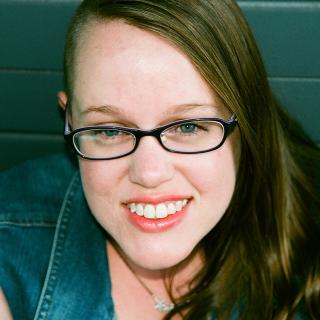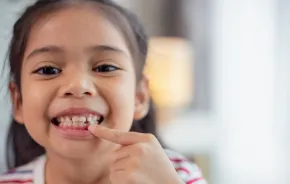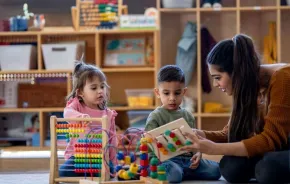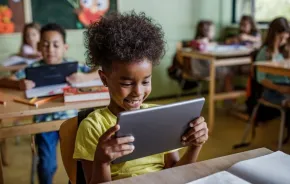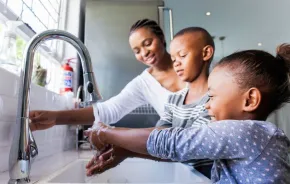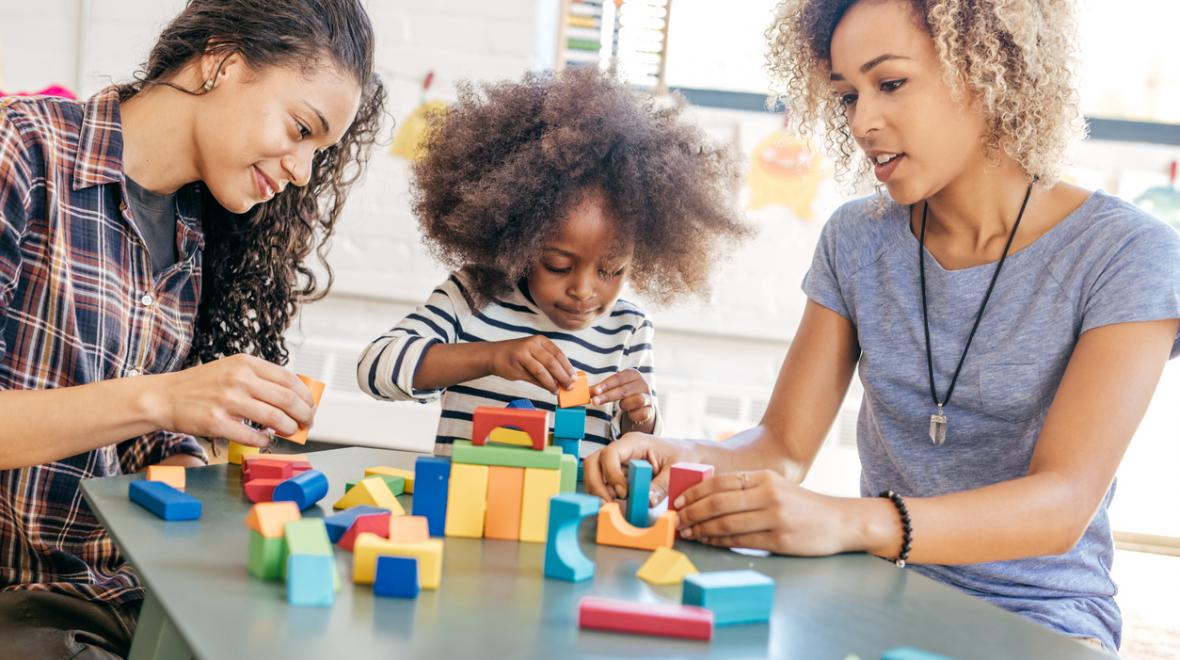
No one ever said parenting was easy, but being a queer parent presents its own set of challenges. That’s why we tend to be such social creatures; we travel in groups, easily identifiable by our undercuts and the fact that our kids all have that one t-shirt from Target with the rainbow-colored robots.
Okay, maybe not. But we tend to seek out friends who already know and understand the minor and major inconveniences of our lives, from making payments on our IVF loans to finding an appropriate Father’s Day card for our femme non-binary partner. It’s easier to relax in an environment where we don’t have to explain how we can be our children’s mother without giving birth to them, or why we’re dreading the day they teach our kids sex ed and they come home brimming with the gender binary. People ask us so many questions about how our families came to be, and it’s exhausting: Some days all we have the energy to do is roll our eyes and complain on Facebook later.
But that isn’t conducive to increasing understanding of the challenges we and our children face. As the barriers to queer people becoming parents slowly erode (assisted reproduction technology gets better every year; nationwide legalization of same-sex marriage has streamlined the process of adopting your partner’s biological child), the presence of LGBTQ parents is becoming an inevitable part of life. If you don’t already know some of us, you will soon.
Despite all the hand-wringing by conservatives about how same-sex marriage would demolish the American family, what we’ve mostly done is added a couple of rooms without fundamentally changing the structure. Queer parents do the same things straight parents do: set boundaries, provide affection, desperately wish we could get more sleep. GLSEN’s 2008 report on LGBTQ parents in their children’s schools found that queer parents are, if anything, more actively involved in the school community than their heterosexual counterparts, despite feeling less acknowledged and understood.
If you don’t already know any queer parents, you will soon.
A Williams Institute research report on lesbian, gay, and bisexual parents indicates few significant differences between our children and the children of straight people. The biggest discrepancy noted was in children’s experiences of bullying: children of same-sex couples were more likely to have been taunted with homophobic slurs. If that’s a topic of concern (and it should be), the problem to address is the kids using the insults, not the ones hearing them.
And while conservative parents agonize over the awkwardness of explaining queer people to their children, we’ve seen firsthand that kids just don’t think it’s a big deal. Amy André, activist and co-author of the National Gay and Lesbian Task Force report Bisexual Health, says of her two children: “I keep things age-appropriate and answer their questions as they arise. I talk about examples of friends who have two mommies, two daddies, a daddy and a mommy, or a single parent, to present information about family diversity.”
It’s not fair to make LGBTQ parents feel like an exhibit in a museum.
It would be wonderful if information about diverse families were more widely disseminated. Until it is, queer parents are in the uncomfortable position of having to teach impromptu lessons on Gender Theory 101 when we were just trying to buy some groceries. It’s only natural to be curious when you meet people who subvert your expectations of what a family looks like, but it’s not fair to make LGBTQ parents feel like an exhibit in a museum.
That’s why Town Hall Seattle is partnering with Plymouth Church and The Seattle Lesbian to host a resource fair and panel on Parenting While Queer on Oct. 14. Kristin Leong, the event’s curator, says that as same-sex parents of a nine-year-old, “My partner and I field questions about how our family came to be all the time.” She hopes that a conversational forum will answer some of the FAQs queer parents hear all the time, and "perhaps alleviate some of the pressure from individual LGBTQ parents.”
Sarah Toce, founder of The Seattle Lesbian, agrees. “Our family building processes tend to have unique road maps (be it adoption, IUI, IVF, surrogacy, etc.) and there is quite a lot of confusion and misunderstanding at times,” she says. An open public conversation may be a wonderful way to destigmatize some of these emotionally charged topics and, as Leong says, “celebrate all families and create a welcoming place for people from LGBTQ families to connect.”
Toce will speak on the Parenting While Queer panel along with transgender City Council candidate Mac McGregor and Eastside Total Health and Lactation founder Jennifer Jimenez.




